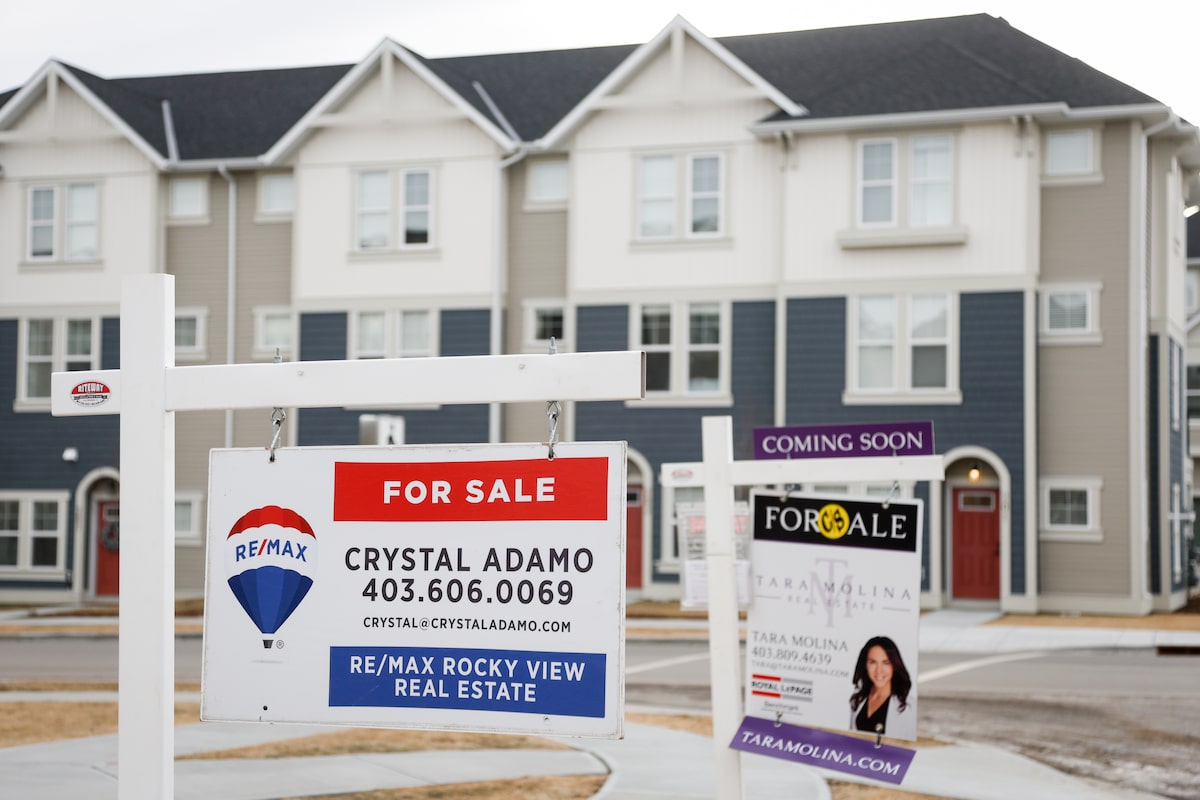A
fter emerging from anonymity as the winner of the largest Powerball jackpot in U.S. history, Edwin Castro largely kept a low profile, letting his multimillion‑dollar homes and vintage Porsche collection speak for him. Yet the quiet did not last in the wildfire‑devastated hills of Altadena, California.
Castro, who took home a record $2 billion, has spent roughly $10 million acquiring 15 properties that were gutted by the January fires in his hometown. He intends to rebuild where thousands once lived, saying, “This is for a family that wants to move in. Those are the people that need to be looked out for right now,” he told the Wall Street Journal during a walk through the ash‑covered streets.
The 33‑year‑old former Boy Scout and architecture consultant, who once rented a room in Altadena before his win, is now one of the town’s largest private landowners. His plans focus on single‑family homes, including a personal residence he describes as “Willy Wonka‑esque” with hidden underground rooms. “I want to have kids like yesterday,” he said. “It’s about family. Family is important.”
Although a novice developer, Castro’s motivation is personal: to restore the neighborhood where he grew up and provide homes for families rather than rental investors. He hopes to settle there himself after the ten‑year rebuild. Local residents are divided. Some fear that the influx of outside investors and relaxed California zoning could erode Altadena’s small‑town charm and diverse, middle‑class fabric. Others welcome his involvement, noting his local roots.
Altadena lost about 9,000 structures in the blaze. Cleanup is largely finished, but only a handful of new homes are under construction. Many homeowners remain in limbo, battling insurance, permits, or reconstruction costs. “I’ve never been in this situation before, so it’s been step‑by‑step, figuring out all the what‑ifs,” 76‑year‑old retiree Carl Fromm told the Journal from temporary housing.
Castro has assembled a small team, including a design consultant, to manage the project. Architectural plans for the first two homes—a pair of three‑bedroom Craftsman‑style houses with additional residential units—have been submitted for permits. His family office is run by friends from Crescenta Valley High School. He insists he is not building a real‑estate empire. “The profit margin doesn’t need to be egregious,” he said. “But I’m not building these homes just to give them away.”
He aims to sell only to buyers who intend to live in the community long term, not investors. “You don’t want to be the first to finish your homes because everybody else will be doing construction,” he added. “If you sell at the end of the timeline, the whole neighborhood will be at value.”
While some residents worry about the town’s future character, others see potential in Castro’s involvement. “Billionaires should be the first ones in line to help,” said Zaire Calvin, whose family lost two homes in the fire and whose sister died during the evacuation. “A collaboration with him would be great to make sure that actually happens.”
Castro has no plans to purchase more properties. “It’s too much work,” he said. “Imagine a 10‑year project. That’s a good chunk of your life.” For now, the gas station where he bought his winning ticket remains standing—one of the few structures that survived the fire untouched.













